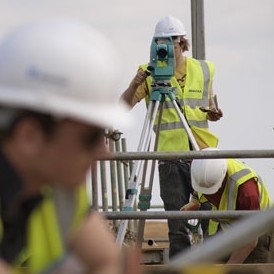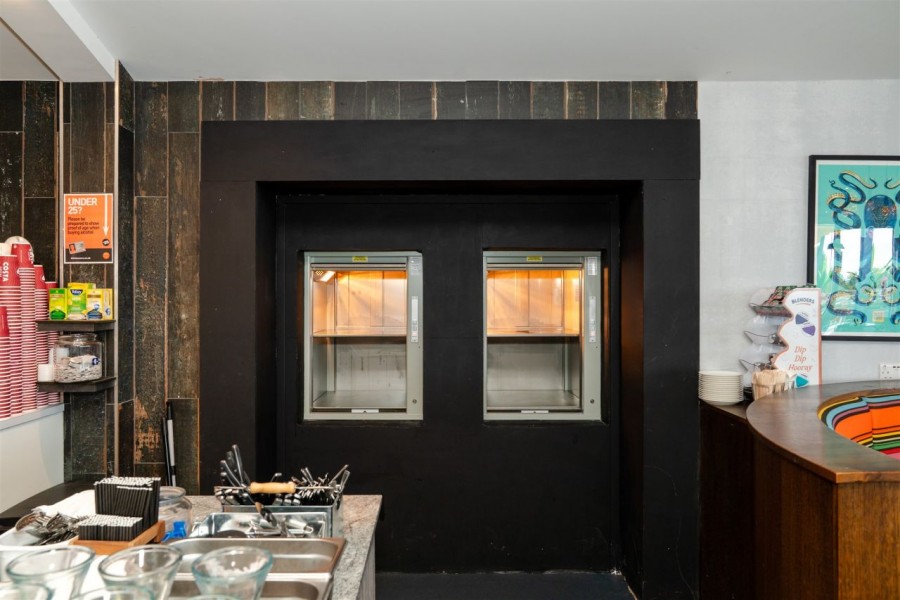
The RIBA Future Trends Workload Index bounced back strongly this month, rising to +36 in March 2015 compared with +26 in February 2015.
Practices based in London (balance figure +42) and the South of England (+39) were the most confident about medium-term workloads, though workload forecast balance figures remain positive across the United Kingdom.
The March 2015 workload forecast increased across all four sectors. The private housing sector forecast remains the most positive, standing at +34 in March 2015 (from +27 in February 2015). The commercial sector workload forecast increased to +19 in March 2015 (from +15 in February 2015). Annualised, the combined workload across these two sectors continues to rise at a rate of approximately 8% per annum.
The community sector forecast also experienced a healthy uplift, from +5 in February 2015 to +9 in March 2015. Meanwhile, the public sector workload remains the poorest performer in the monthly sector forecasts, despite an increase to +5 in March 2015 (up from +1 in February 2015).
The Future Trends Staffing Index rose strongly from its temporary setback last month, standing at +16 in March 2015 (up from +9 in February 2015). Large practices (balance figure +63) are currently the most confident about their ability to sustain higher staffing levels in the medium term, closely followed by medium-sized practices (balance figure +56). Small practices are more circumspect, with a balance figure of +11. Overall, just 12% of individuals reported that they had personally been under-employed in the last month.
RIBA Director of Practice Adrian Dobson said: “This is a striking indication of greater stability in the employment market for salaried architects, with only 2 per cent of respondents expecting to have fewer permanent staff in three months’ time. We are also seeing a greater number of practices expecting an increase in temporary staff over the medium term. This highlights that there is more certainty about the new project pipeline.
“With a combined annualised increase of 8 per cent per annum, the private housing sector and commercial sector appear to be the primary drivers for the overall increase in the workload forecast.
“However, respondents continue to suggest that overly complex procurement practices have reduced involvement in public sector work. This is in the context of uncertainty around future levels of public sector spending on buildings.”




















